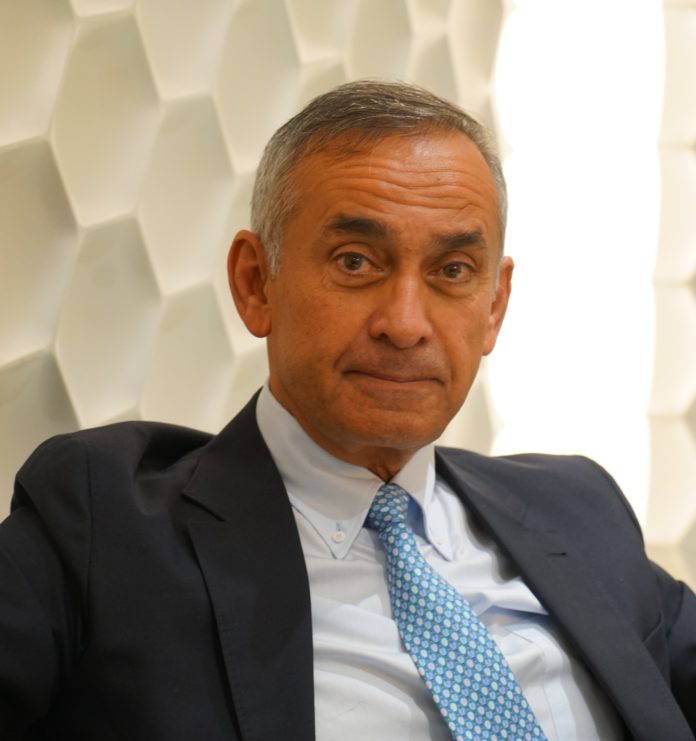By Ara Darzi
When the coronavirus pandemic struck the UK and Prime Minister Boris Johnson announced the nationwide lockdown in March, I knew I had to do something to help my patients and my colleagues. This was a national and international health emergency and there was a lot of fear. I wanted to set an example by working in intensive care myself, though I am a surgeon by training. My colleagues at London’s St Mary’s Hospital pointed me to some online training and, with a certain amount of trepidation, I donned protective gown, mask, visor, and gloves, and began working alongside them.
It was a case of all hands on deck as we worked to care for our patients and support each other. The whole experience was a great leveler in the hospital. The nurses were heroes.
This pandemic has wreaked terrible suffering across the world. But, as with all crises, it has brought us together and reminded us of our common humanity.
The Aurora Humanitarian Initiative is doing just that – reminding us of our common humanity, bringing people together and transforming the way we deliver humanitarian aid to those in need across the globe. Today, its efforts are needed more than ever in response to the global spread of COVID-19 and I am proud to be a part of it.
The initiative was named in memory of Aurora Mardiganian, a teenage survivor of the 1915 massacre who escaped to tell her story, in print, on stage and in film, helping to alert the world to the Genocide. Her determination to bear witness, and similar accounts of courage and transformation from her fellow refugees, inspired Noubar Afeyan, Vartan Gregorian and Ruben Vardanyan to launch 100 LIVES — the first project of the Aurora Humanitarian Initiative — in 2015.








